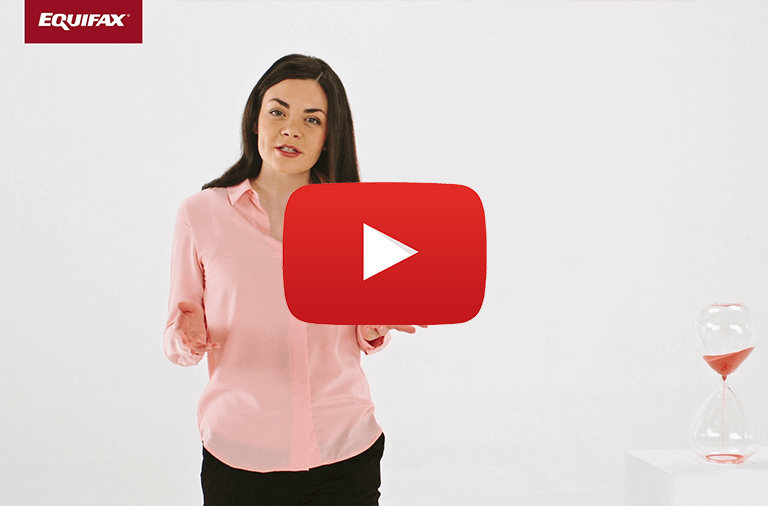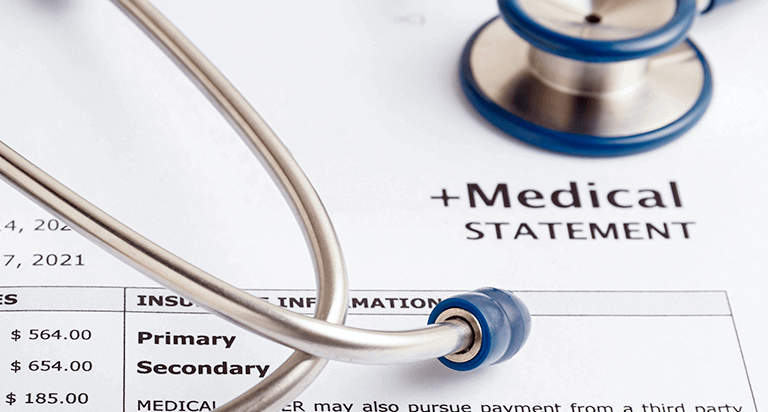How to Improve Your Credit Scores to Help You Buy a Home


Highlights:
- Lenders may consider your credit scores as one factor when evaluating you for a mortgage or when determining the interest rate and other terms of your loan.
- Borrowers will generally need credit scores of 620 or above to qualify for most conventional mortgages made through a private lender. Government-backed mortgages typically have lower credit score requirements; however, not every borrower will qualify for these programs.
- If you're aiming to improve your credit scores, be sure to keep up with your debt payments and monitor your credit utilization ratio.
Low credit scores can be a serious stumbling block for many hopeful homebuyers. But with patience and hard work, it's possible to improve your credit scores and make homeownership a reality.
What are credit scores and why are they important to the homebuying process?
Your credit scores are three-digit numbers, usually between 300 and 850, designed to represent the likelihood that you will pay your bills on time. Credit scores are determined by information recorded in your credit reports, which summarize how you've handled using credit in the past.
Lenders may consider your credit scores as one factor when evaluating you for a mortgage or when determining the interest rate and other terms of your loan. Lower credit scores generally suggest to lenders that you may have struggled to repay your debts, which may make it more difficult to secure approval for future loans. Higher credit scores, on the other hand, indicate a history of successfully paying back what you borrow, making lenders more likely to approve requests for new credit or offer you better interest rates and other terms.
How to improve your credit scores before buying a home
If you're hoping to buy a home but your credit scores aren't where you'd like them to be, consider these steps:
- Check your credit reports and scores. Reviewing your credit reports and credit scores not only helps familiarize you with your credit history, but also can help you spot incorrect information that might drag down your credit scores. If you find something you believe may be an error on your credit reports, contact the creditor on the account.
It's good practice to regularly review your credit reports and credit scores, especially if you're preparing to buy a home.
- Select your target credit scores. It can also be helpful to set a specific goal for your credit scores. Generally, you'll have the best chance of approval for a conventional loan with credit scores of 620 or above. Government-backed mortgage options tend to have lower credit score requirements; however, not every homebuyer will qualify for these programs. FHA loans generally require credit scores of at least 580 with a 3.5% down payment or 500 with a 10% down payment. You'll need credit scores of at least 640 for USDA loans, but no down payment is necessary. Although the Veterans Administration (VA) doesn't specify a minimum credit score or down payment to qualify for a VA loan, lenders that issue these loans can set their own requirements.
- Pay your bills on time. Because your payment history is usually the most influential factor in how your credit scores are calculated, late payments can have a significant negative impact. That's why it's vital that you keep up with at least the minimum payments on each of your credit accounts.
- Raise your credit limits and reduce your debt balance. Your credit utilization ratio refers to the amount of revolving credit you're currently using divided by the total credit available to you. Lenders typically prefer that you have a credit utilization ratio of no more than 30%. Using more of your total available credit can suggest that you have trouble paying back what you borrow and that you lack the capacity to take on additional debt.
If your credit utilization ratio is too high, look at your credit cards, personal lines of credit, HELOCs and other revolving accounts. If you hold significant debt, work carefully to pay it down.
You can also improve your credit utilization ratio by raising one or more of your credit limits. Connect with your credit card provider or lender to request a credit limit increase.
- Avoid applying for new credit accounts. While you may think opening a new credit account could positively impact your credit utilization ratio, it's usually better to avoid new accounts if you're trying to improve your credit scores. Applying for a new line of credit usually triggers a hard inquiry, which appears on your credit reports as an indication of how frequently you have requested new credit. Each hard inquiry has the potential to negatively impact your credit scores.
- Consider credit counseling to get a handle on significant debt. If you're carrying significant debt that is negatively impacting your credit scores, a credit counseling service may help. Credit counseling is usually available through nonprofit organizations at low or no cost to you. These services provide trained professionals to advise you on the best ways to manage your debt. This may include helping you create a personalized budget, developing a long-term repayment plan or even negotiating directly with your lenders for lower interest rates and more favorable payment terms. Credit counselors can also provide training and best practices to help you establish better credit habits.
Regardless of the strategies you use, remember that your credit scores will not change overnight. Once you have established better credit habits, be consistent in making payments and keeping your debt load low. With time and patience, you'll have a better chance of securing the home of your dreams.



